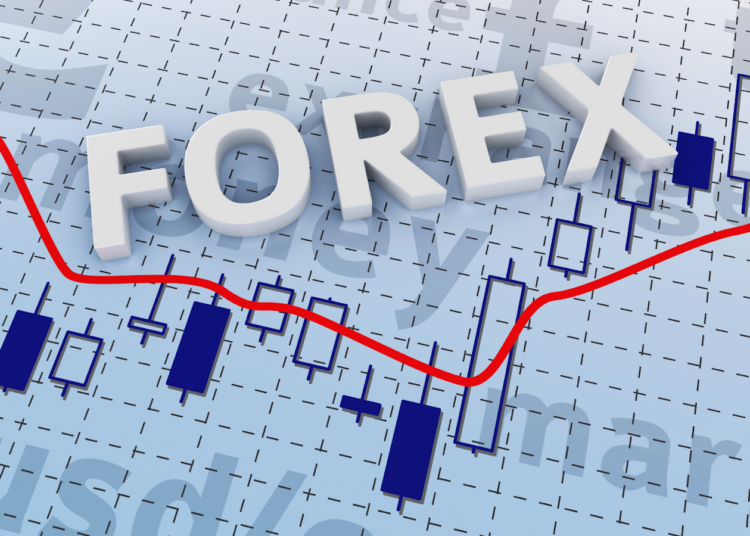In the vast and intricate world of international finance, the phenomenon known as currency wars has emerged as a significant force, shaping economies and affecting the dynamics of worldwide trade. This intricate interplay of national monetary policies not only affects a country’s balance of trade but has a great bearing on what is forex trading, Forex traders, and, indeed the global economy itself. It is a highly delicate mixture of economic and political forces.
The Essence of Currency Wars
At its heart, a currency war is when countries fight to reduce the value of their currency to enhance their exports. This competitive devaluation is intended to make a country’s goods cheaper internationally and stimulate demand domestically. However, this approach is not without its costs; it has led economists and politicians to train their guns on the strategy for pragmatic reasons and even ethically question a country’s right to pursue such policies.
Currency wars are deeply entwined with the principles of supply and demand. In this conflict, both wind up suffering from financial dilemmas.
Export Boost vs. Inflation Risk
By raising the supply of their currency by various monetary policies, like lowering interest rates and quantitative easing, nations can lower the value of their own money. While this maneuver helps boost export-oriented industries in the short term, it can also cause inflation and weaken purchasing power at home. It is a kind of trap that many countries have fallen into over history: attempting both to expand their economy on the one hand by giving preferential treatment to export industries and on the other to avoid overheating through anti-inflation measures such as cooling taxes and residence registering regulations ForexFx Trading in the Firestorm of Currency War.
Understanding Forex Market Dynamics
Trading in the maelstrom of currency wars requires foreign exchange traders’ great skill and acute insight. The volatility unleashed by such economic stratagems opens both profit and peril windows. In this context, sophisticated trading platforms, like MetaTrader 5, are invaluable. Writing an account in a Metatrader 5 review reveals all its sophisticated features, which include comprehensive analysis tools, real-time data, and algorithmic trading functions– thus enabling traders to make prudent decisions amidst the unpredictability of currency wars.
If we want to understand what role these battles have on forex trading, we need to appreciate the interconnectedness global markets call for. Competitive devaluation causes the relative value of currencies to fluctuate, sometimes creating a dynamic and even unpredictable trading environment. To successfully trade forex in this environment, traders have to keep up with geopolitical developments, economic policy shifts, and market sentiment.
The impact of the world’s currency wars
The consequences of currency wars go far beyond just those involved in trading money. A depreciating currency can indeed boost a country’s exports. But it can also lead to a counter-punch from trading partners, triggering an all-out race to push values down and disturb global financial markets. In addition, prolonged participation in currency wars is likely to destroy the public’s faith in a nation’s money and, thus, its economy.
The global impact of currency wars highlights the need for international cooperation and dialogue. Organizations such as the G20 and International Monetary Fund (IMF) are indispensable intermediaries in these disputes and help formulate stable and sustainable economic policies. With collective efforts, nation-states can offset the negative part of currency wars and build a more well-balanced world economy.
Navigating The Future
As the global economy continues to mutate, currency wars are an ongoing contentious yet essential aspect of the world’s financial landscape. For forex traders to adjust to these changes with tools such as MetaTrader 5, a deep understanding of market dynamics is inevitable.
Pursuing policies that balance national interests and the common good means on the global stage needs to be enterprises of such magnitude as this approach to dampen fallout from currency wars. Coming into the unknown, past and present currency wars lessons can offer valuable insights. By promoting open dialogue, seeking common support for solutions, and utilizing lower-cost closed circuits in financial technology and telecommunications, we can pave the path ahead to a more stable economic future for all participants.
We’ve got the edge. Get real-time reports, breaking scoops, and exclusive angles delivered straight to your phone. Don’t settle for stale news. Join LEADERSHIP NEWS on WhatsApp for 24/7 updates →
Join Our WhatsApp Channel










